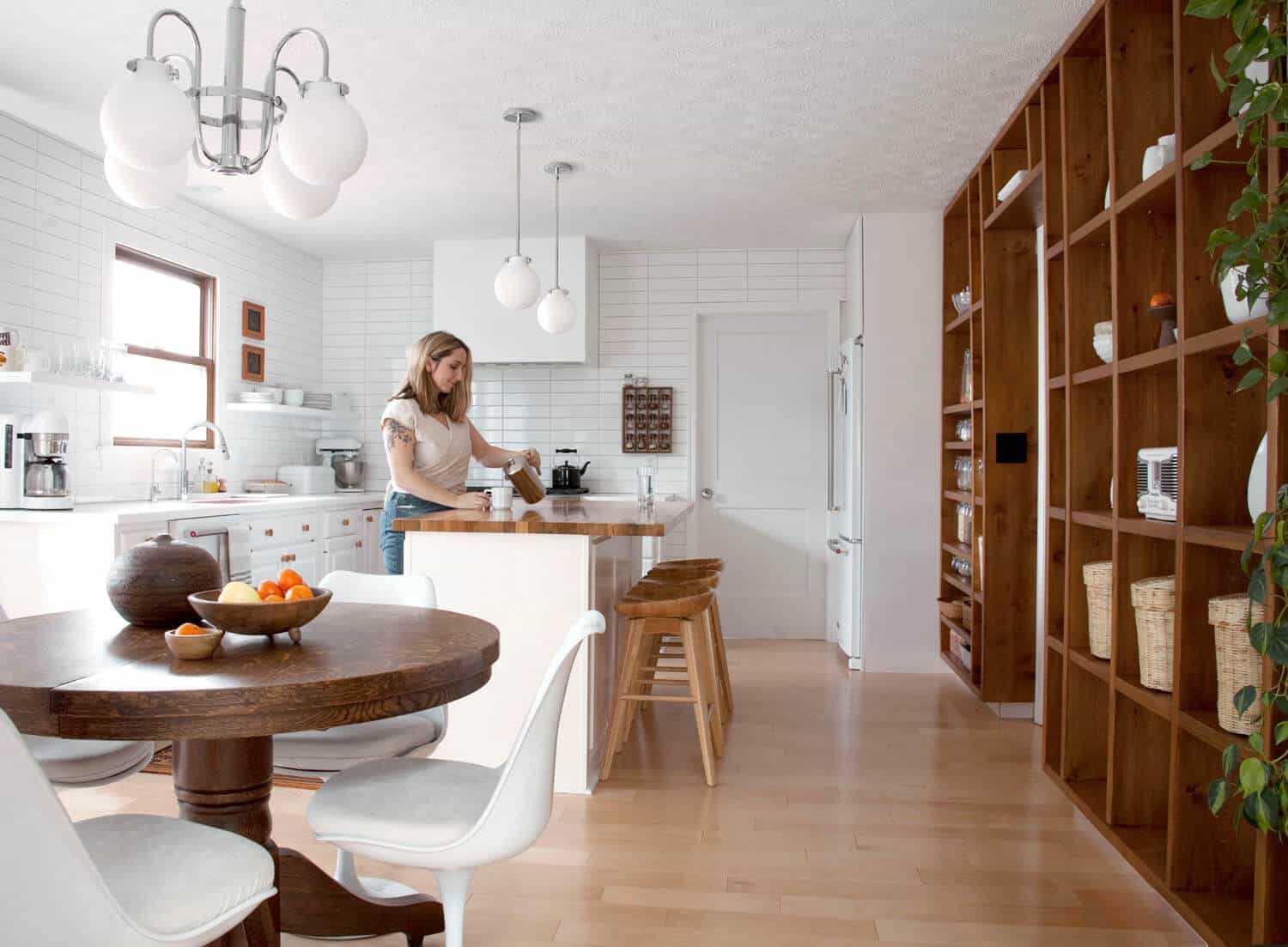Renovation 101: What to Consider in Home Renovations

Home renovations are quite a handful when you are not familiar with how to fix things in your home. Even the installation of new windows in Salt Lake City would mean contacting an expert right away. Though it is advisable to get a professional to manage your home renovation, knowing your options and the quality that you should expect in every renovation project will help you determine the kind of service you need to improve your household. Before discussing the things you should consider in renovating your home, you need to know the difference between renovation and remodeling.
Renovation vs. Remodeling
Renovation is sometimes perceived as the same as remodeling. However, there are differences between the two. The renovation includes small-scale projects that do not involve replacements nor dismantling home fixtures. It pertains to restoration, update, revival, or adding value to your property.
On the other hand, remodeling pertains to projects that intend to transform a property which may or may not leave a trace of its former appearance and state of the remodeled part of your property. It includes structural and layout changes and changes in the use of space. Here are some examples that can best illustrate the difference between renovation and remodeling:
Common renovations
- Repaint of individual rooms and interior walls
- Cabinet repairs
- Light fixture installation
- Windows replacement
- Additional appliances
- Tiles or flooring replacement
Common remodeling
- Combination of rooms
- Installation of kitchen fixtures
- Wall removal
- Raising ceilings
- Changing room layouts
Understanding the difference between the two can help you determine the best how renovation projects applicable to your home. Regardless if you intend to work on it yourself or ask for an expert’s help, here are your top considerations:
- Design and plan. Make sure that the renovation design is of your preference to avoid regrets in changing a part of your home. Create a plan and a contingency plan to avoid impulsive decision-making.
- Budget. Be practical and consider the budget you have against the price of materials you need. Research the resources that you need to spend on and how much you can spare for the project.
- Lighting. Consider natural lighting to minimize the use of energy during the daytime. You can install windows and doors that allow natural light to pass through. Using daylight as a practical measure can be supplemented by your choice of paint for your interiors. Choose a color that is cool and refreshing to the eyes.
- Extending space. Small spaces don’t have to stay small. You can always extend space through renovations. Mirrors can extend space by creating optic illusion while cool colors of paint can help make the room look spacious. You can also limit the furniture and fixture for a minimalist effect.
- Kitchen and storage. The kitchen and storage spaces are essential for the function that they provide. Renovations are not meant to simply improve the aesthetics of your home. It should be considering how functional your home is after renovation.
- Bathroom renovation. Your bathroom is one of the best parts of your home that offer comfort and relaxation. Thus, it is necessary to include it in your renovation. Include all possible means for your living space to extend a relaxing ambiance in every corner of your home.
- Floor renovation. You can’t avoid wearing out your flooring. It is the part of your home that greets everyone. It reflects what your home offers to your guests. It holds the weight and movement of everyone and everything. Renovating your flooring is more of a maintenance than a typical renovation.
These are just some of the considerations when you intend to start a home renovation project. Though you know what you need to check on, expert advice can ensure the quality of output and the success of your project.





